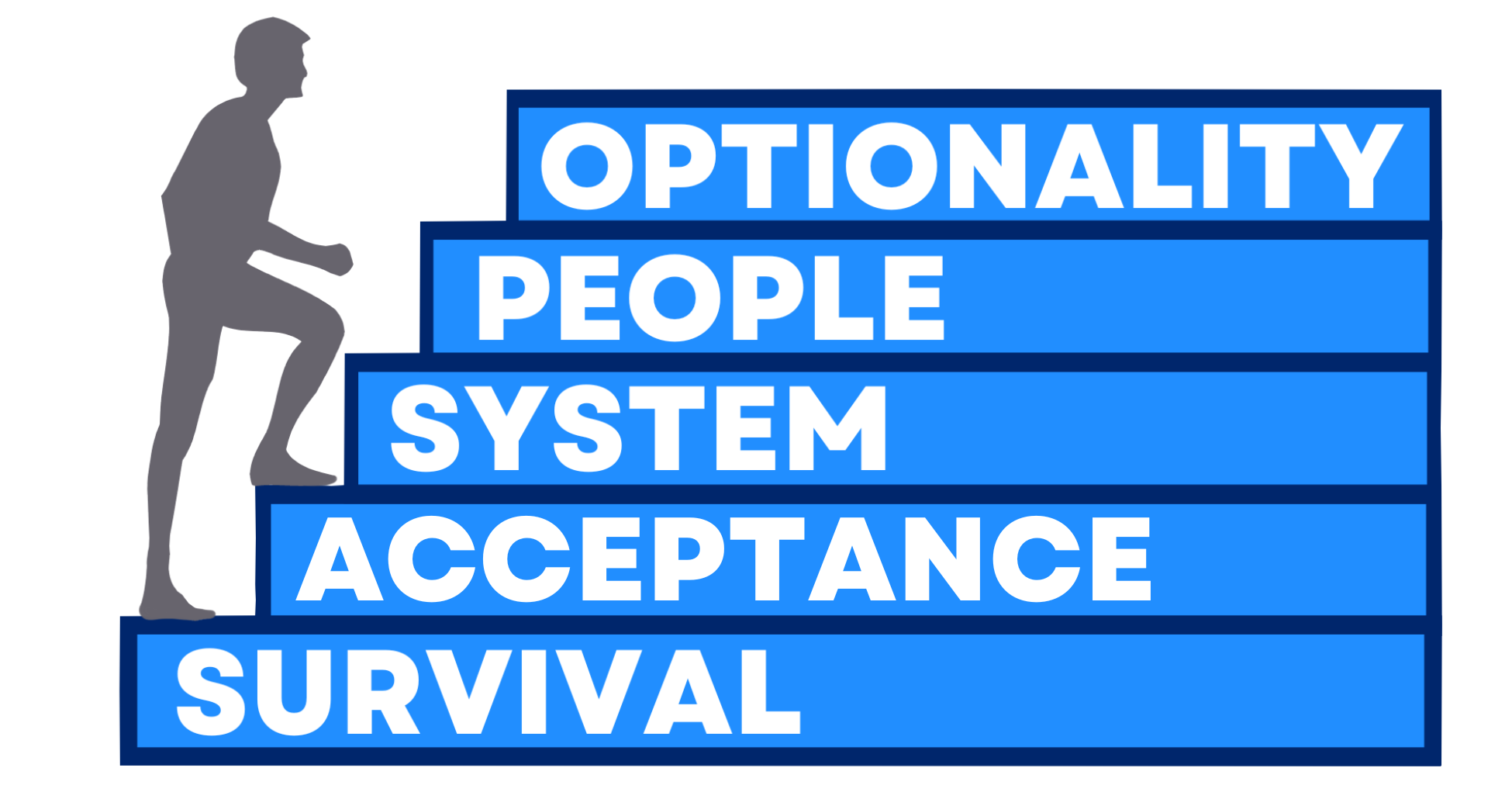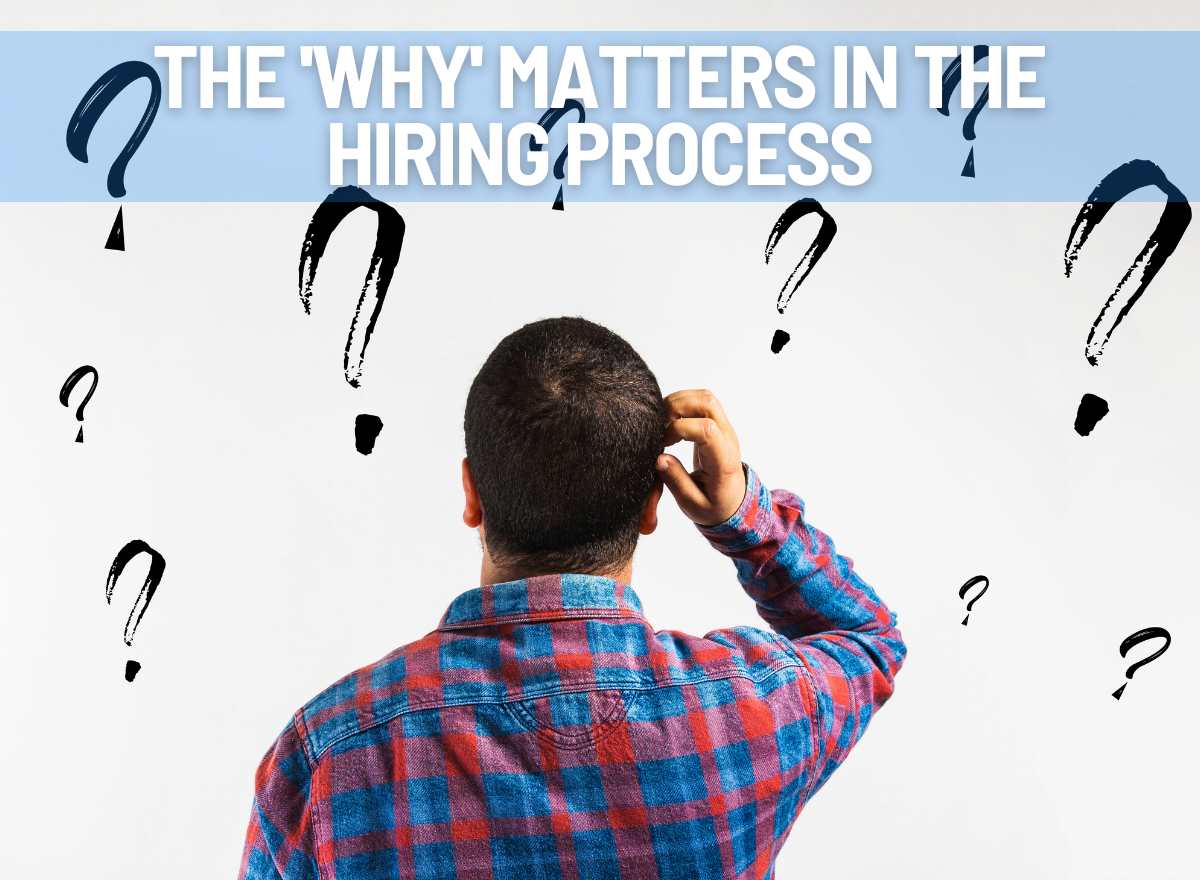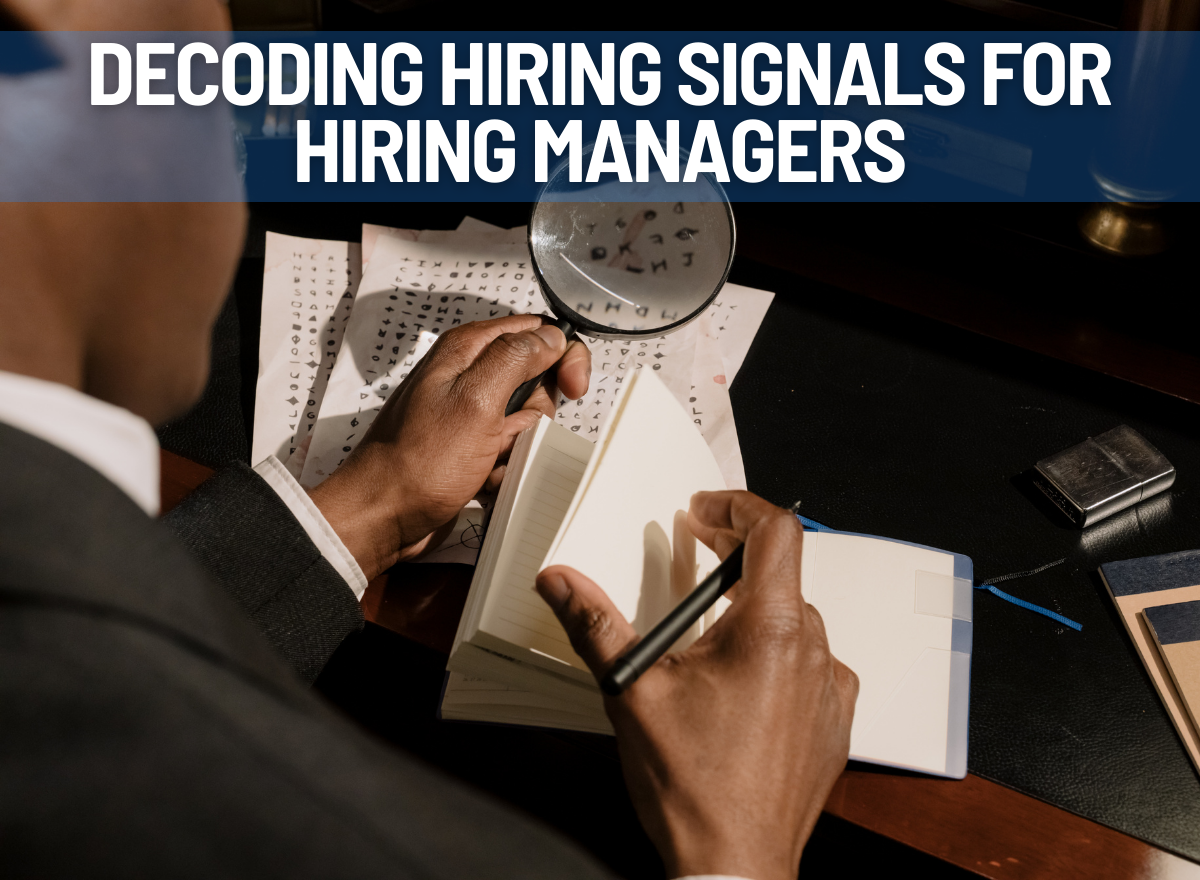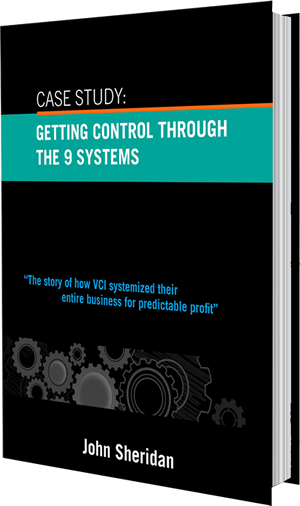Uncovering Hidden Details through Follow-Up Questions
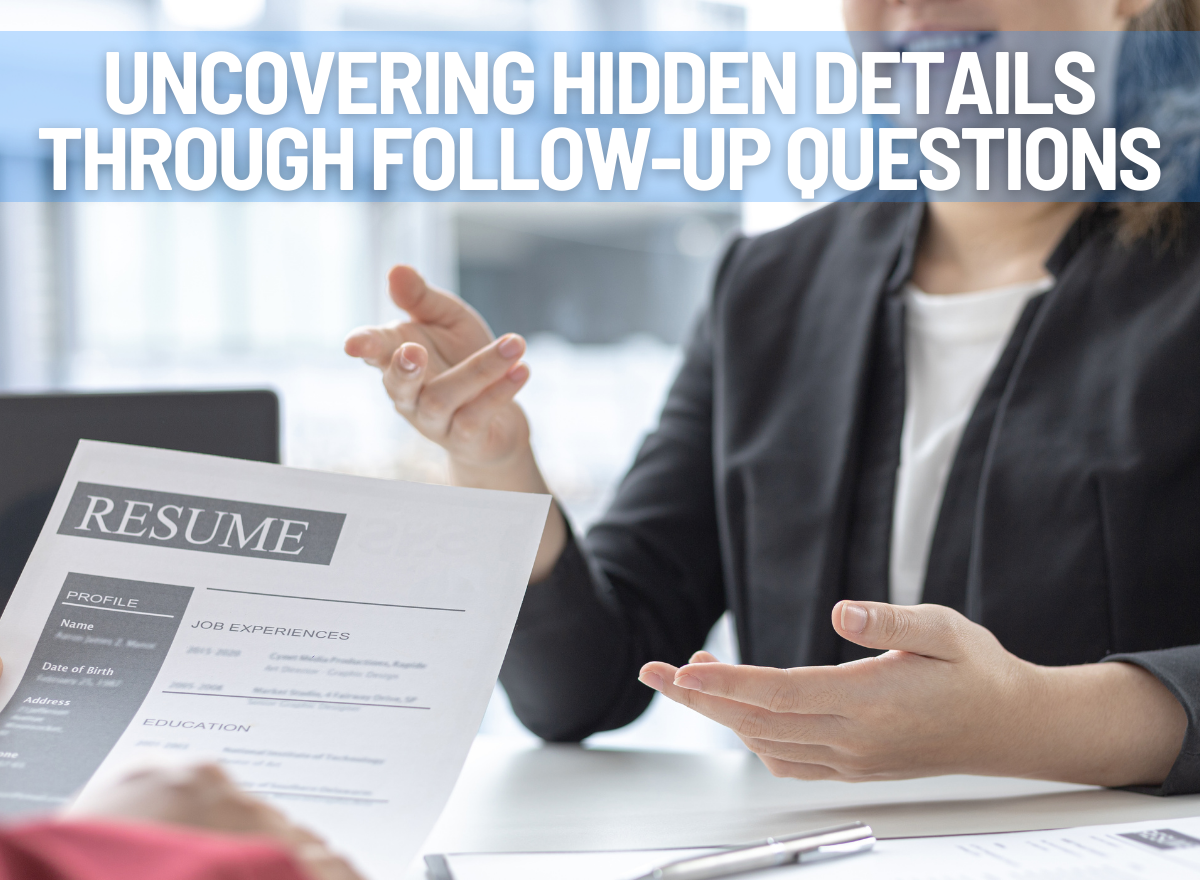
When you’re trying to find answers or evaluate evidence, it’s important to dig deeper and uncover the hidden details that give you the full picture.
So, why are follow-up questions so important?
Well, they help you get crucial information, especially when dealing with people who might not naturally be forthcoming or specific in their answers. By getting better at asking the right questions and going deeper into the background, actions, and results, you can make smarter judgments based on complete evidence.
To really understand any situation, you need to go through three key phases: the background, the action, and the result.
The background gives you the context, the action reveals the specific steps taken, and the result shows you the outcome. Not everyone is a natural storyteller, so some people will skip over one or more of these phases when they’re sharing their experiences or opinions.
That’s when follow-up questions become your secret weapon in uncovering those hidden details.
Since not everyone is a great storyteller, sometimes it’s necessary to guide and coach people by asking good probing questions.
Encouraging them to backtrack and provide more details ensures you get a better understanding of the situation.
Remember, just knowing the outcome might not be enough, so make sure to ask about the background and action too.
Open-ended questions are useful for diving deeper and making people think more deeply. Instead of asking closed-ended or yes/no questions, give people the chance to provide more context and relevant information.
Closed-ended questions can uncover important factual, specific things and they have their place in the questioning process. But, open-ended questions compel the candidate to explain further and give you more information.
Everyone sees things from their own perspective and interprets events in their own way. It’s important to respect that and be open to different viewpoints. By asking follow-up questions and getting clarification, you can bridge any gaps in understanding and get the whole picture. Sometimes people leave out important details without even realizing it.
By listening carefully and simply asking, “Tell me more?” or just saying, “And?”, you can draw out a more complete and accurate account of what happened.
The way you ask your questions really matters. The tone you use can make a big difference in the responses you get. If you ask in a neutral and non-threatening way, people will feel more comfortable sharing information honestly and openly.
But if you come across as too direct or aggressive, people might get defensive and hold back important details.
So, be mindful of your tone and approach, and build trust so that people are more willing to give you the details you need.
So, the next time you’re seeking answers or evaluating evidence, remember to dig deeper, keep probing with open-ended questions and uncover those hidden details that shape your understanding and decision-making process.
